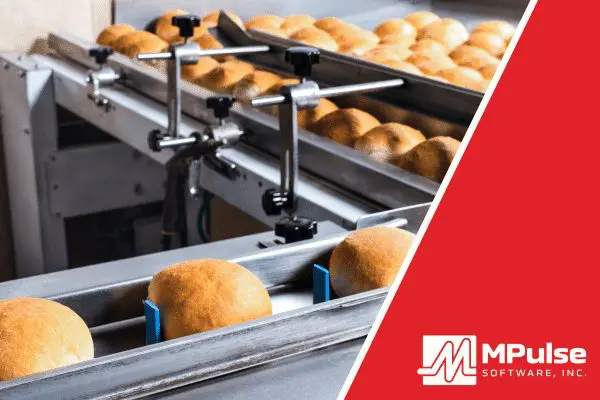CMMS supports FDA compliance for manufacturers by streamlining maintenance processes, ensuring accurate record-keeping, and facilitating traceability throughout the production lifecycle.
Table of Contents
CMMS Supports FDA Compliance for Manufacturers
The FDA creates rules to make sure food and drinks are safe, clean, and labeled correctly. These rules help keep the public healthy by preventing contamination, harmful ingredients, and misleading labels. They also help build trust between manufacturers and customers by ensuring that products meet high standards for quality and safety.
Here’s how CMMS can help manufacturers with compliance.
Accurate Records
The FDA requires food manufacturers to keep detailed records, especially under laws like the Food Safety Modernization Act (FSMA). CMMS supports FDA compliance by automatically recording tasks like equipment maintenance, cleaning schedules, and inspections. As a result, maintenance teams can make sure no important steps are skipped or recorded incorrectly.
Regular Maintenance
Keeping machines clean and working properly is essential in food production. For example, dirty or broken equipment can lead to contamination from things like bacteria or leftover materials. CMMS supports FDA compliance by scheduling regular maintenance to ensure timely cleaning and inspection of equipment.
By doing this, manufacturers avoid problems like product recalls, fines, or delays. It also keeps production quality consistent and ensures every batch of food or drink meets safety standards. Automated alerts from the CMMS make it easier to stay on top of these tasks.
Tracking and Reporting
CMMS also supports FDA compliance by recording details about every maintenance job: who did it, when, and what was done. These records create a clear trail that helps identify and fix problems quickly.
If the FDA inspects the facility, manufacturers can easily provide reports to show they are following the rules. As a result, manufacturers save time and can easily prove compliance.
Managing Parts and Supplies
FDA rules require the use of specific parts and supplies, like food-safe lubricants, in manufacturing equipment. CMMS supports FDA compliance by tracking these supplies to make sure only approved items are used. It can also reorder supplies automatically when they run low, helping avoid downtime and keeping production safe.
Storing Documents
Many CMMS platforms let manufacturers store important documents, like maintenance logs, employee training records, and operating procedures, in one secure place. This makes it easy to find and update documents when needed, especially during inspections.
Training Employees
CMMS platforms can track employee training and certifications, sending reminders when needed. This ensures only properly trained workers handle critical equipment, reducing errors and supporting compliance with FDA rules.
CMMS Supports FDA Compliance
CMMS helps food and beverage manufacturers follow FDA rules by organizing records, scheduling regular maintenance, and ensuring employees receive proper training.
As a result, manufacturers can reduce risks, protect consumers, and ensure products are safe and high-quality.
Have questions about how CMMS supports FDA compliance? Contact us. We’re here to help.





